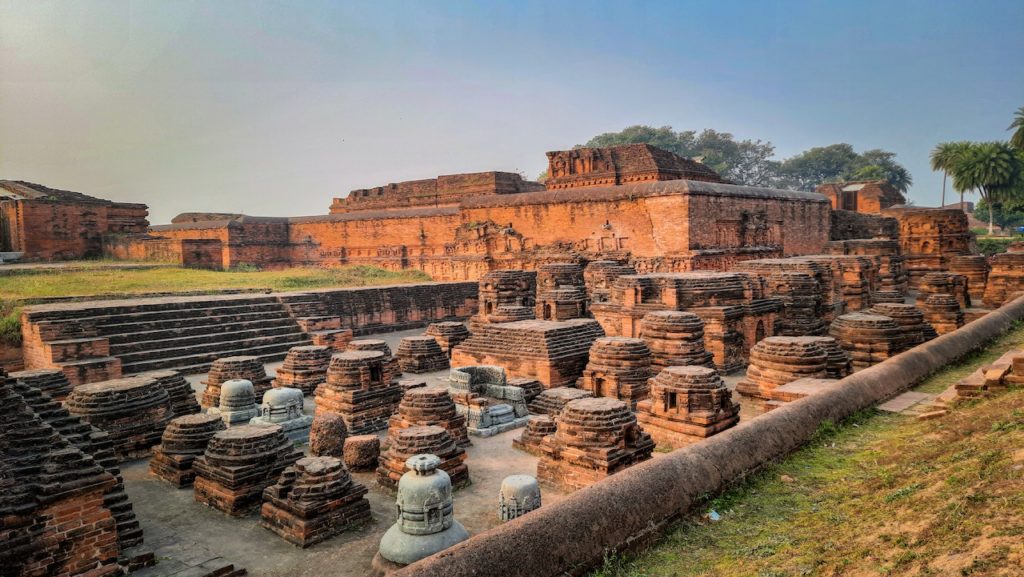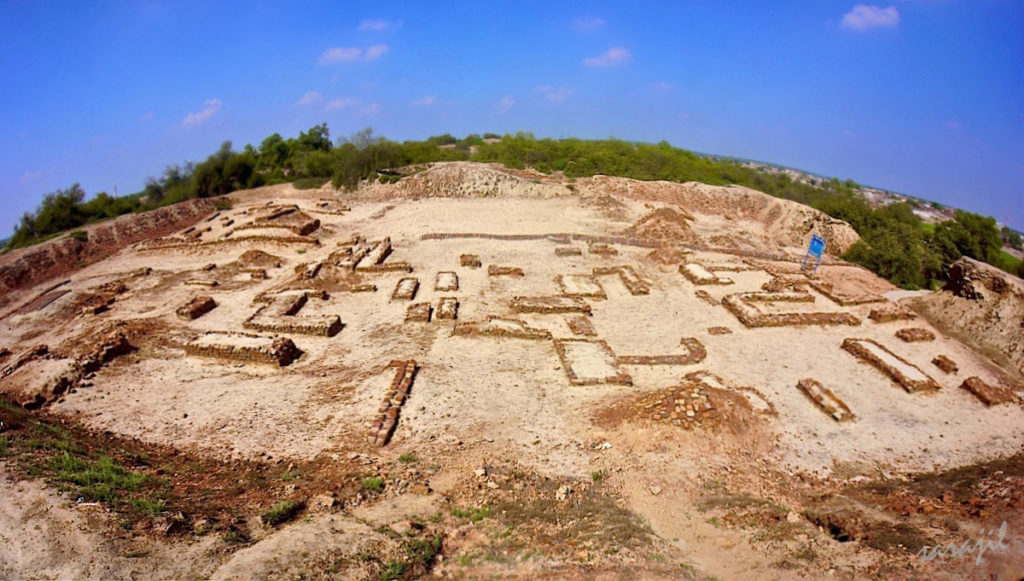Introduction:
Indology refers to the academic study of India and its culture, history, literature, languages, philosophy, and religion. Indology is not only a study of India’s past but also its present and future. The term ‘Indology’ was coined in the 19th century by European scholars who developed a keen interest in India and its ancient texts, such as the Vedas, Upanishads, and Puranas. The discipline of Indology emerged as a result of the colonial encounter between Europe and India and has since then been a crucial field of inquiry for scholars in various fields, including philosophy, literature, linguistics, anthropology, sociology, history, and archaeology. In this article, we aim to explore the origins and evolution of Indology as a discipline, its key concepts and methods, and its contemporary relevance.
Origins and Evolution of Indology:
Indology as a discipline can be traced back to the colonial period when British scholars such as William Jones, Charles Wilkins, and Henry Thomas Colebrooke began studying ancient Indian texts and translating them into English. These scholars were driven by a fascination with Indian culture and a desire to understand its history, literature, and philosophy. They were also motivated by a belief that the study of Indian texts could shed light on the origins of European civilization.
The early European Indologists focused primarily on Sanskrit texts, which they considered to be the most important source of knowledge about Indian culture. They translated and analyzed ancient Indian epics, such as the Mahabharata and the Ramayana, as well as religious texts, such as the Vedas and the Upanishads. They also studied Indian philosophy, including the systems of logic, metaphysics, and ethics, as well as Indian religion and mythology.
As the field of Indology developed, scholars began to study other Indian languages, such as Tamil, Telugu, Marathi, and Bengali, and to explore a wider range of topics, including Indian history, society, and politics. They also began to engage more critically with the colonial context in which they were working and to challenge Eurocentric assumptions about Indian culture.
Key Concepts and Methods in Indology:
Indology is a multidisciplinary field that draws on a wide range of methods and approaches. Some of the key concepts and methods used in Indology include:
Philology: Indology relies heavily on the study of ancient texts and languages, particularly Sanskrit. Scholars use philological methods to reconstruct the history of the Indian language and to analyze the meaning of ancient texts.
Cultural Studies: Indology is concerned with the study of Indian culture, including its literature, religion, art, and music. Scholars use cultural studies methods to analyze the social and historical context of Indian cultural practices and to understand their significance.
Comparative Studies: Indology often involves the comparison of Indian cultural practices with those of other cultures. Scholars use comparative studies methods to explore the similarities and differences between Indian and non-Indian cultures and to gain insight into the universal aspects of human culture.
Contemporary Relevance of Indology:
Indology continues to be a relevant and important field of study today. It offers valuable insights into Indian culture and history and helps to promote cross-cultural understanding and dialogue. Indology has also been instrumental in challenging colonial and Eurocentric views of Indian culture and in promoting a more nuanced and inclusive understanding of India and its people.
Indology has also been influential in shaping contemporary Indian culture and politics. The study of ancient Indian texts has inspired movements for social and political change in India, including the Indian independence movement and the Dalit rights movement. Indology has also contributed to the development of postcolonial theory, which has been influential in the study of colonialism and its legacies.
Conclusion:
Indology has played a crucial role in promoting cross-cultural exchange and understanding between India and the Western world. It has contributed significantly to the study of Indian culture and language, and its impact can be seen in various academic fields. However, Indology has faced various challenges, including the colonial legacy that influenced its development and the lack of funding and support for research. Despite these challenges, Indology remains a vital field of study and will continue to shape our understanding of Indian culture and civilization.

